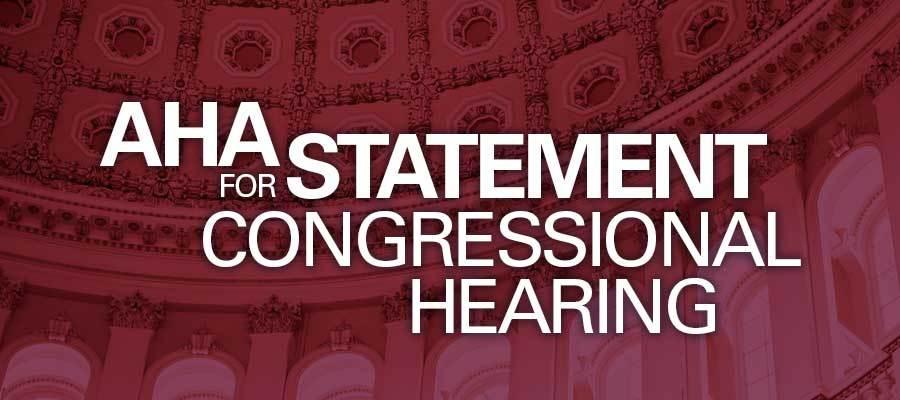Senate HELP Committee explores potential uses of AI

The AHA discussed ways hospitals and health systems are leveraging artificial intelligence for care delivery in a statement submitted to the Senate Committee on Health, Education, Labor and Pensions for a hearing held Oct. 9 titled, “AI’s Potential to Support Patients, Workers, Children, and Families.” The AHA highlighted examples of AI applications in hospitals, such as diagnostic imaging, ambient listening tools and scheduling for patients and staff.
“Hospitals recognize that AI tools hold tremendous promise to alleviate administrative burden and enhance clinical care,” the AHA wrote. “Among other benefits, these innovations can improve workflow, enhance the overall patient experience by reducing wait times and support timely medical interventions.”
The AHA also discussed potential risks of AI in health care, such as commercial insurers using it to determine disposition of claims and prior authorizations, which has exacerbated inappropriate denials. The AHA advocated for the use of clinicians to independently review care recommendations.

